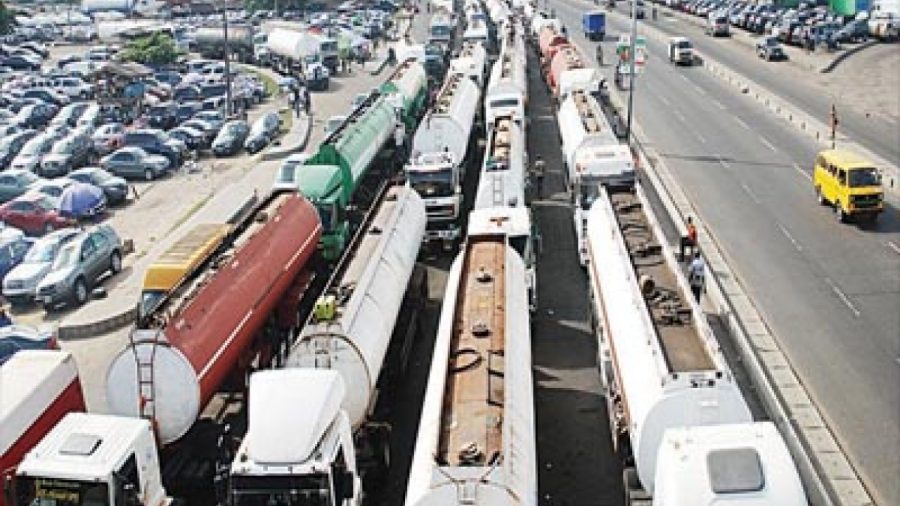Recent data reveal that Nigeria imported fuel valued at $2.25 billion from Malta over a span of nine years.
This information surfaced following claims by Alhaji Aliko Dangote, founder of the Dangote Petroleum Refinery, that certain officials from the Nigerian National Petroleum Company Limited own blending plants in Malta.
An oil blending plant lacks refining capabilities but can mix re-refined oil (used motor oil treated to remove contaminants) with additives to produce finished lubricant products.
Trade Map data shows that Nigeria imported petroleum oils derived from bituminous minerals worth $2.8 billion in 2023, marking a dramatic 342 percent increase from $47.5 million in 2013.
Nigeria imported fuel worth $59.98 million in 2014, $117.01 million in 2015, and $13.32 million in 2016.
Notably, there were no fuel imports from Malta between 2017 and 2022. However, in 2023, there was a significant surge, with Nigeria importing fuel worth $2.08 billion.
This development indicates that the value of Nigeria’s petroleum imports from Malta increased 43-fold over a decade, reaching $2.08 billion in 2023 from $47.5 million in 2013.
Amid the crisis surrounding his $20bn refinery, Dangote had said, “Some of the terminals, some of the NNPC people, and some traders have opened blending plants somewhere off Malta. We all know these areas. We know what they are doing.”
However, while reacting, Mele Kyari, group chief executive officer of NNPCL, denied owning a blending plant, except a local mini agriculture venture. He also denied knowing of any NNPC employee involved in such.
“I am inundated by enquiries from family members, friends, and associates on the public declaration by the President of Dangote Group that some NNPC workers have established a blending plant in Malta, thereby impeding procurements from local production of petroleum products.
“To clarify the allegations regarding the blending plant, I do not own or operate any business directly or by proxy anywhere in the world except for a local mini-agric venture, neither am I aware of any employee of the NNPC that owns or operates a blending plant in Malta or anywhere else in the world.
He added that a blending plant in Malta, or anywhere else, does not impact NNPC’s business operations or strategic decisions.
Nevertheless, he pledged to impose sanctions on any NNPC staff member found to be involved in such activities.
“For further assurance, our compliance sanction grid shall apply to any NNPC employee who is established to be involved in doing so if availed and I strongly recommend that such individuals be declared public and be made known to relevant government security agencies for necessary actions in view of the grave implications for national energy security,” he concluded.
Dangote has been vocal in response to allegations made by Farouk Ahmed, Chief Executive of the Nigerian Midstream and Downstream Petroleum Regulatory Authority. Ahmed claimed that the diesel produced by the Dangote refinery had higher sulfur content compared to imported fuels, a statement Dangote dismissed as an effort to undermine his refinery.
Ahmed also suggested that Nigeria would continue to import fuel to prevent a monopoly by Dangote’s refinery.


